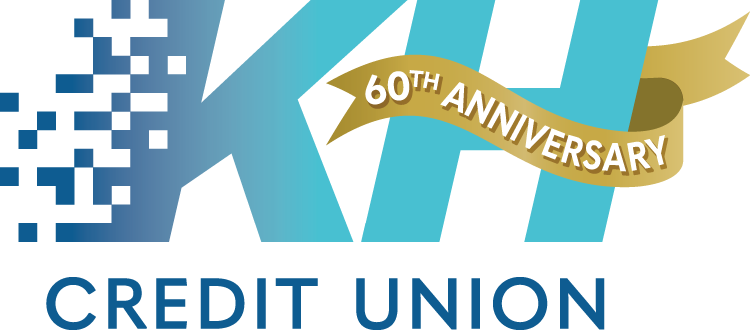College graduation can bring both excitement and anxiety for students gearing up for the next stage of life. While employment prospects for 2023 grads are mostly positive, many are starting their professional careers with a lot of debt, which can be overwhelming.
The average student graduates with $30,000 in student loan debt for a four-year degree, according to U.S News & World Reports. That creates an enormous amount of stress for an individual just starting an entry
level position.
In addition, it takes 20 years on average to pay off educational debt, according to the Educational Data Initiative. One in five U.S. adults, or forty-five million, have outstanding student loan debt, with many carrying that financial burden into their forties. With the average monthly payment estimated at $500, it can be difficult to achieve goals such as buying a home, raising a family, and saving for the future. An emergency student loan forbearance program enacted in 2020 during the pandemic provided a two-year reprieve on interest and payments, but that program ends in September 2023, and those with debt will once again have to build loan payments into their monthly budgets.
Here are a few tips to help you pay down debt and reach your financial goals sooner:
- Pay more each month. If your budget allows, increase the minimum payment. Any extra amount will pay down the principal, which means less interest owed in the long run.
- Sign up for automatic debit. You can reduce your interest rate by 0.25 percent when you opt for this feature, which allows your student loan servicer to automatically deduct your monthly loan payment from your bank account. Just be sure you have the funds to cover the transaction, so you don’t incur fees for insufficient funds from your financial institution.
- Make biweekly payments. When you pay half of your loan bill every two weeks instead of one full monthly payment, you end up paying an extra payment each year which reduces your repayment schedule.
- Use a cash windfall. If you receive extra money from a tax refund, inheritance, settlement, or work bonus, use part — if not all – of it to make a lump sum payment on your loan.
- Student loan forgiveness. Considering a job change? In today’s competitive environment, employers are adding attractive perks to attract top talent. Certain jobs, such as public service work, teaching or the military will pay for part or all your student loans.
- Refinance. Consolidating and refinancing your loans can help pay off loans faster if you have good credit and a secure job. Credit unions typically offer lower interest rates on loans so research rates for debt consolidation loans in your area.
To learn more about credit unions in your community and what financial assistance they offer, visit YourMoneyFurther.com.
